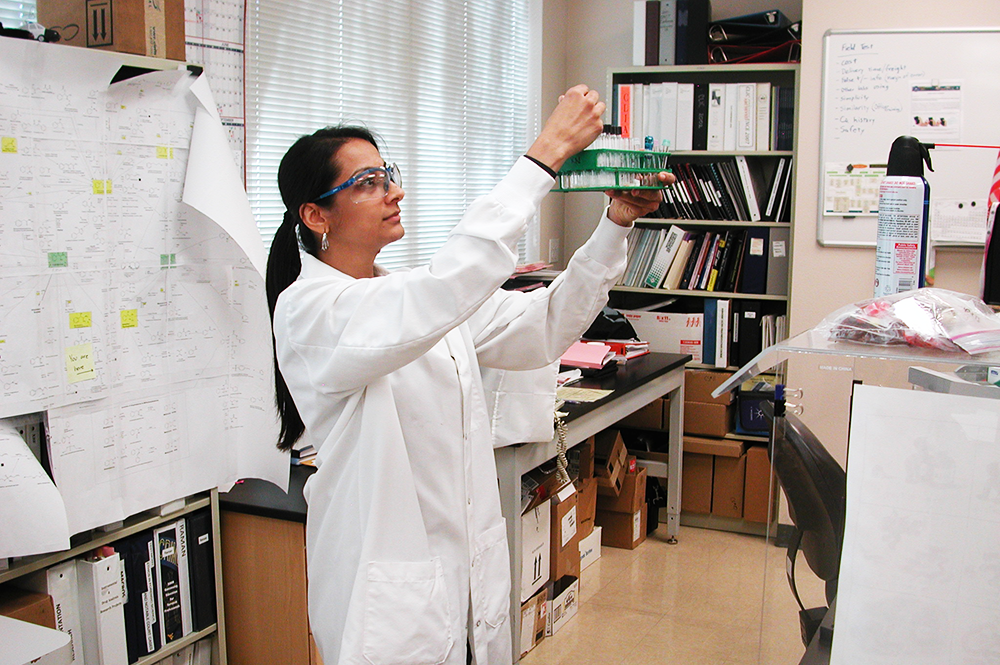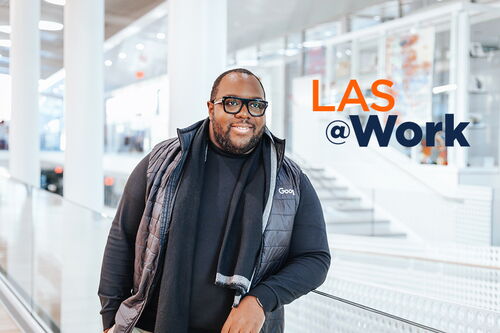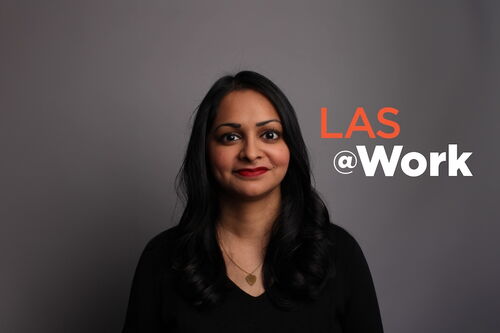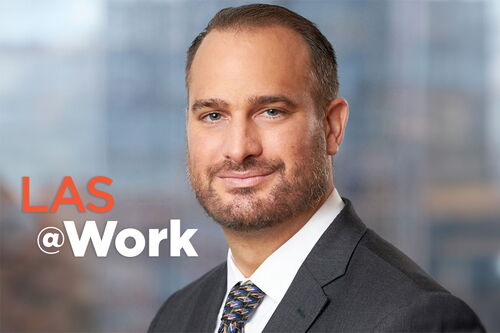Hunting for the invisible traces of crime

As careers in chemistry go, few have more name recognition than that of Khushboo Narechania, a forensic scientist for the Las Vegas Metropolitan Police Department. Read on for a real portrayal of the job, from the “CSI effect” to how her analysis solved a tragedy, and how she still refers to her organic chemistry textbooks.
Job title: Forensic scientist, Chemistry Detail and Clandestine Laboratory Team, Las Vegas Metropolitan Police Department
Degree: BS, biology, ’03 (with a minor in chemistry).
Please describe a typical workday at your job.
Contrary to the popular Hollywood shows, my job entails sitting in the laboratory the majority of the time testing evidence samples. We are also regularly called to testify in district and federal court regarding our analyses. The best part of the job, however, is that we in the Chemistry Detail are also members of the Clandestine Laboratory Team, which means that we are the only section in the laboratory that responds to crime scenes. We respond to scenes where there is reason to believe that someone is manufacturing controlled substances in order to help assess the chemical hazards at the scene, determine what they are attempting to manufacture, collect relevant samples, and assist in the safe disposal and clean-up. From the initial crime scene response to the generation of the final lab report, one case typically takes several weeks, sometimes months, to complete.
The shows do make it seem like test results come back within minutes, and all cases get solved within an hour. It makes it challenging during testimony because the jury sometimes thinks that if you didn't find/identify anything (or "match" the prints to someone, or identify the DNA profile, etc.), that you didn't do your job properly. The assumption is that the evidence is always there, but sometimes the evidence just isn't there to find.
What example of your work sticks out in your mind?
One case that I remember involved a child, under one year of age, I believe, who had died. Toxicology reports showed the presence of opiates in the child's blood. This only proved that the opiates were present, but did not prove how they got there. I received several items from the home including a pacifier and a baby bottle and was asked to find any traces of anything that may be present. There was nothing visible on these items, so I wanted to make sure that I got the most value out of the methods and extractions that I chose. I can't remember which extraction I used exactly, but in the end, I identified codeine and morphine. Now there was evidence that opiates were placed inside the baby bottle, which could explain why they were present in the child’s blood. In an effort to remain unbiased, we don't generally learn the details or the outcomes of the cases that we work, but in this case I remember learning after the analysis report was issued that the parents ultimately admitted to putting opiates in the baby's bottle to calm him/her down because he/she wouldn't stop crying.

After my undergraduate studies at U of I, I completed a master of science in forensic science degree from University of Illinois at Chicago. During that time, I was fortunate enough to complete my internship at McCrone Research Institute in Chicago. After graduation, MCRI was kind enough to allow me to stay on in a clerical/support capacity while I applied for a forensic scientist position. I replied to every job opening that I thought I was qualified for. I ultimately chose Las Vegas, and have been very happy since.
How did your major prepare you for your career?
I didn’t begin college with a declared minor in chemistry. I realized in passing one day (I just picked up some literature hanging on a wall) that I was only a few credits shy of obtaining a chemistry minor. Officially declaring and completing the chemistry minor track might have been one of the best decisions I made. My entire job revolves around chemistry. If I had decided against taking the few extra chemistry classes to finish the minor track, I may not have had all the necessary credits to qualify me for the position that I have today. I now really enjoy chemistry. I can't tell you how many times I have referred back to my undergraduate organic chemistry textbooks to brush up on key concepts that I now utilize every day. I’ve learned that you don’t have to know everything, as long as you know how and where to access the information.
What do you like to do when you’re not working?
I enjoy cooking and experimenting in the kitchen (obviously). I also enjoy hiking and snowboarding (which I am terrible at). Heading out to any of the national and state parks in the Southwest always makes for a nice weekend getaway. I love to travel and explore different cultures. My sister and I try to hit at least one international destination every year.








